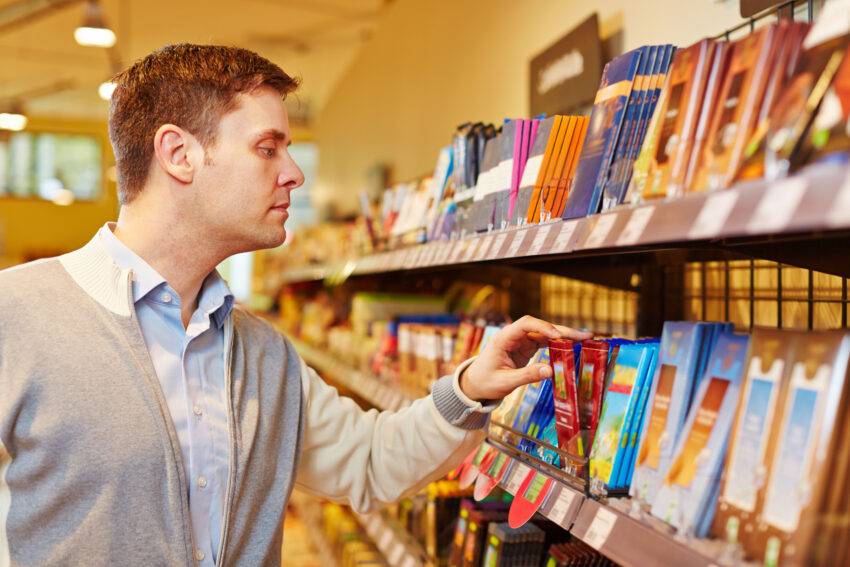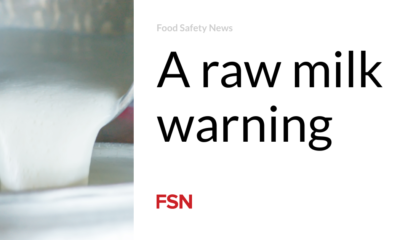Business
Chocolate cravings and bargain hunting are driving down UK food inflation for the 14th month in a row

Britons’ love affair with chocolate and penchant for seeking discounts have played a crucial role in curbing food price inflation for the fourteenth month in a row, new figures from Kantar show.
The latest data shows a notable shift in consumer spending habits, with a ‘significant’ increase in discount purchases accounting for 29.3% of supermarket sales – the highest non-holiday level since June 2021.
Fraser McKevitt, head of retail and consumer insights at Worldpanel by Kantar, noted the steady increase in promotions over the past eleven months as retailers respond to consumers’ desire for value. Deals have translated into significant savings for shoppers, with an estimated saving of £1.3 billion in the last four weeks, equating to almost £46 per household.
The emphasis on promotions, combined with price drops in categories such as toilet paper, butter and milk, has contributed to a drop in supermarket inflation at the checkout.
The Easter festivities further stimulated supermarket turnover, driven by the increased demand for chocolate eggs. Kantar reports a sharp increase in chocolate confectionery consumption, with an additional 93 million cases in the year to June 2023 compared to the previous decade.
In addition, fruit has become increasingly popular as a snack among Britons: 314 million more pieces of fruit were consumed between meals in 2023 than in 2013.
Amid fierce competition among supermarkets, loyalty cards and price comparison systems have become integral tools for customer retention. Online retailer Ocado, in partnership with Marks and Spencer, stands out as the fastest growing grocer, with sales up 12.5% in the 12 weeks to April 14, surpassing overall online market growth of 6.8% .
Tesco and Sainsbury’s, the largest British grocers, increased their market shares, each with a gain of 0.4 percentage points. Lidl achieved a record 8.0% share, driven by 9.1% sales growth, while fellow discounter Aldi regained a 10.0% market share, reflecting a 2.8% sales increase. The competitive landscape underlines the ongoing battle for consumer attention and loyalty in the UK food sector.









